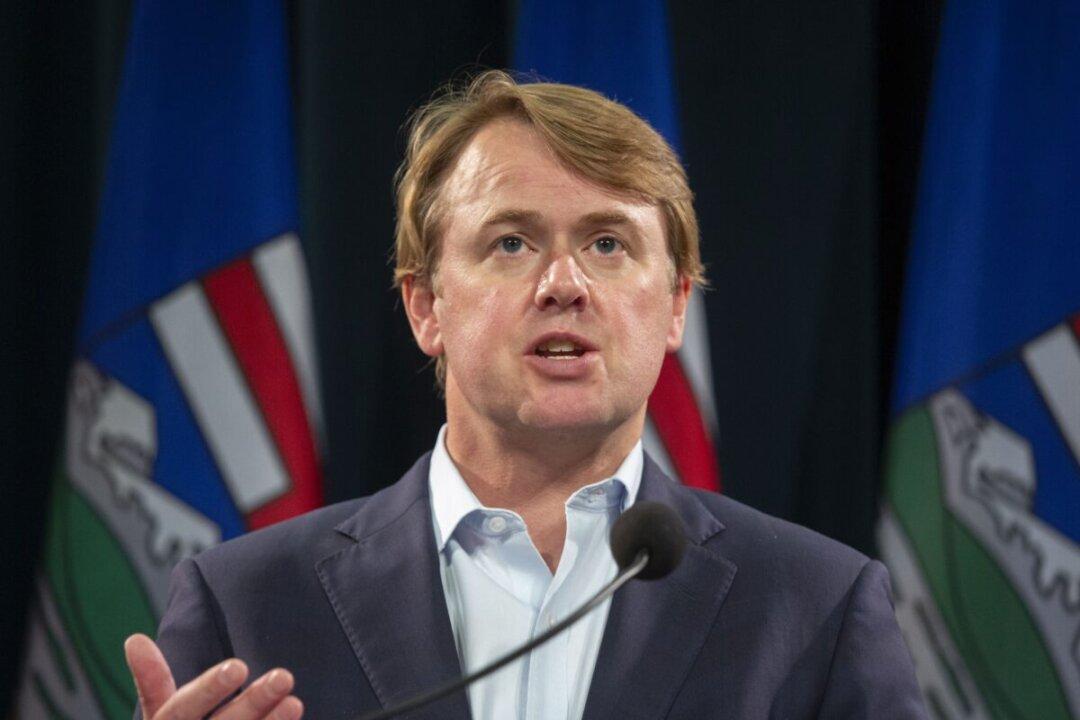EDMONTON—The government of Alberta says it’s taking back jurisdiction on the handling of gun-related charges from Ottawa.
Justice Minister Tyler Shandro wrote a letter to federal justice minister David Lametti on Dec. 15, advising the province would be exercising their “constitutional jurisdiction [to] protect firearms owners from an increasingly hostile federal government.”





